A Beautiful New Greeting
How are you?
This is a question I often hear as I'm greeting friends and acquaintances. It's also the first line in offering customer service. Even some strangers on the sidewalk will ask it in passing if our eyes meet. It's become a standard opener in small talk, and the common, expected answer is limited to Good, Fine, or Doing well. A few use exclamations in response like Still standing, Tired, Busy, or Great! Only a small handful will give a more detailed reply, almost exclusively in conversation with someone they trust.
However, when I field this question, I have to consider the underlying tone. Especially if I'm in my wheelchair. Well-meaning friends regularly put a strong emphasis on the second word by saying, How are you?, often accompanied by a slight head tilt or by leaning in.
I love that these people are in my life and care enough to ask about me, and I see the beauty in the attempt.
But this is the hardest question to answer.
I instantly think to myself, How much time do you have? I know they're checking in, but living life with a chronic illness can't be summed up in one brief sentence. Or two. Or ten. I usually end up giving some vague answer like, Oh, I have good days and bad, but overall I'm doing well.
If I were to give a more accurate, honest reply, we'd be standing there in the hallway or grocery store or snack table at the party for at least an hour. This is not what either of us would want!
I recently read Sheryl Sandberg's book, Option B, and she brings up a similar concern when caring for a person in grief. "Our American culture," she points out, "demands that the answer to the question How are you? is not just Good, we need to be Awesome... that admitting you're having a rough time is almost inappropriate." This can leave people in pain with no choice but to mask their feelings and isolation can set in.
She offers an alternative that breaks this script. One that I can see myself answering with ease.
How are you today?
This minor word change has a huge impact because it recognizes that each day can be a different struggle. It narrows the focus to a manageable time frame and allows for a more authentic response.
What if the next time you find yourself reaching for that automatic greeting, you try this version instead?
What kinds of conversations might it lead into?
How might your relationships change?
Let's walk together and find out.
----
Some doorways from this week:
- I watched a PBS documentary on the Lincoln Highway, the first real effort to connect the coasts for automobile travel. The complex history combined with the passion of the people involved, both past and present, were beautiful.
- Another PBS show, NOVA, explained the beautiful, comprehensive, and highly technical process of forecasting weather patterns. The way the scientists collect and synthesize mass amounts of data constantly is almost magical.
- At church on Sunday, the African Children's Choir performed for the congregation. The joy on the smiling faces of these eight, nine, and ten-year olds was inspiring!
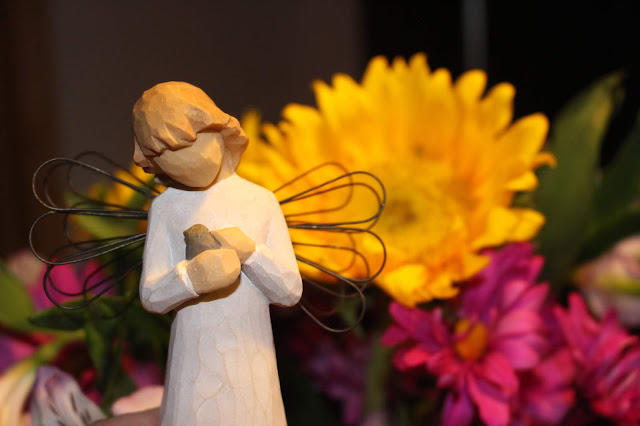





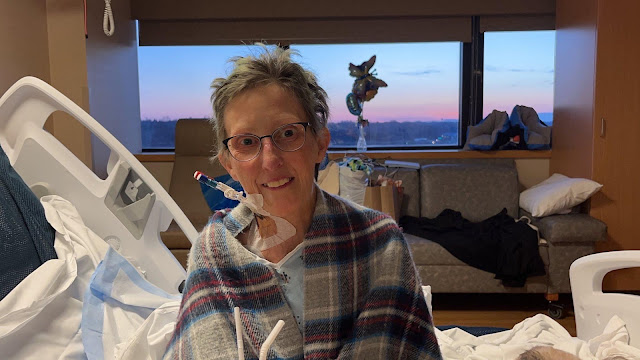
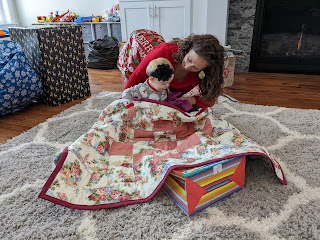
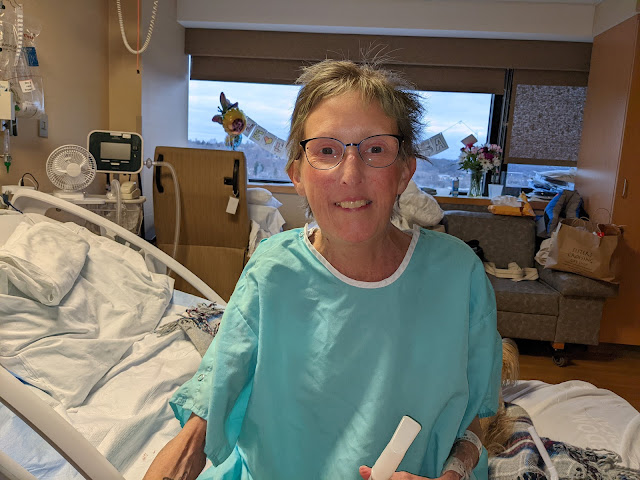
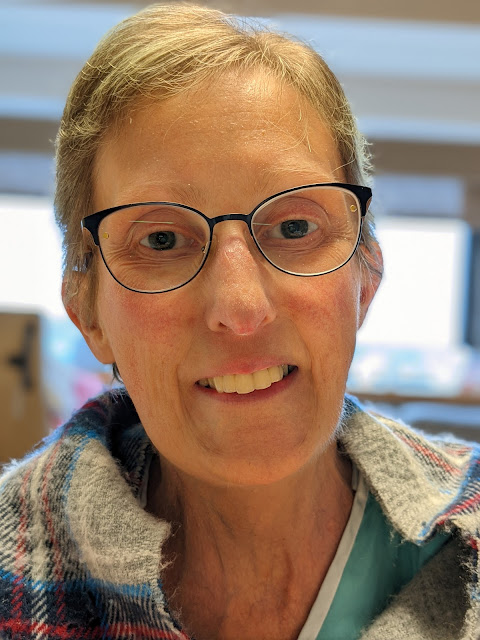

Comments
Post a Comment